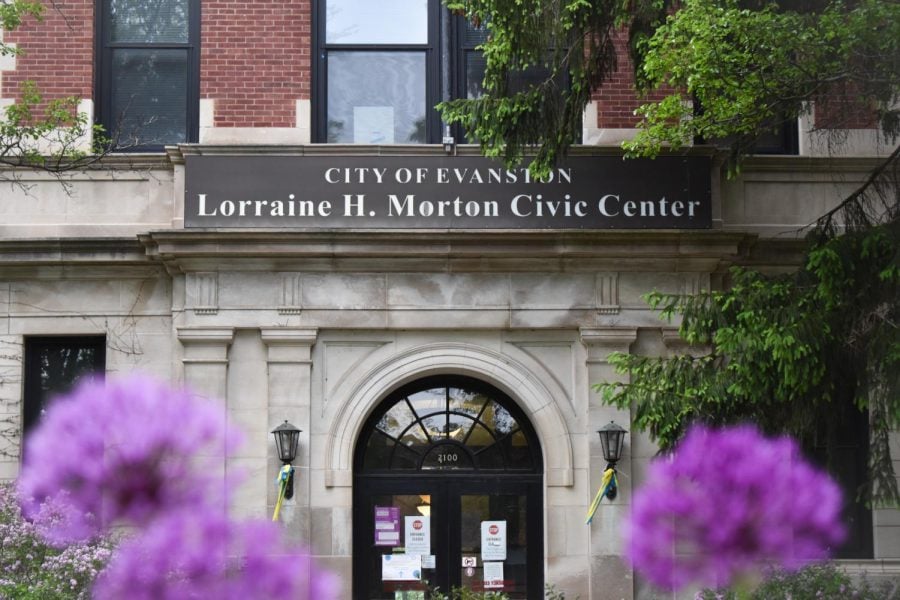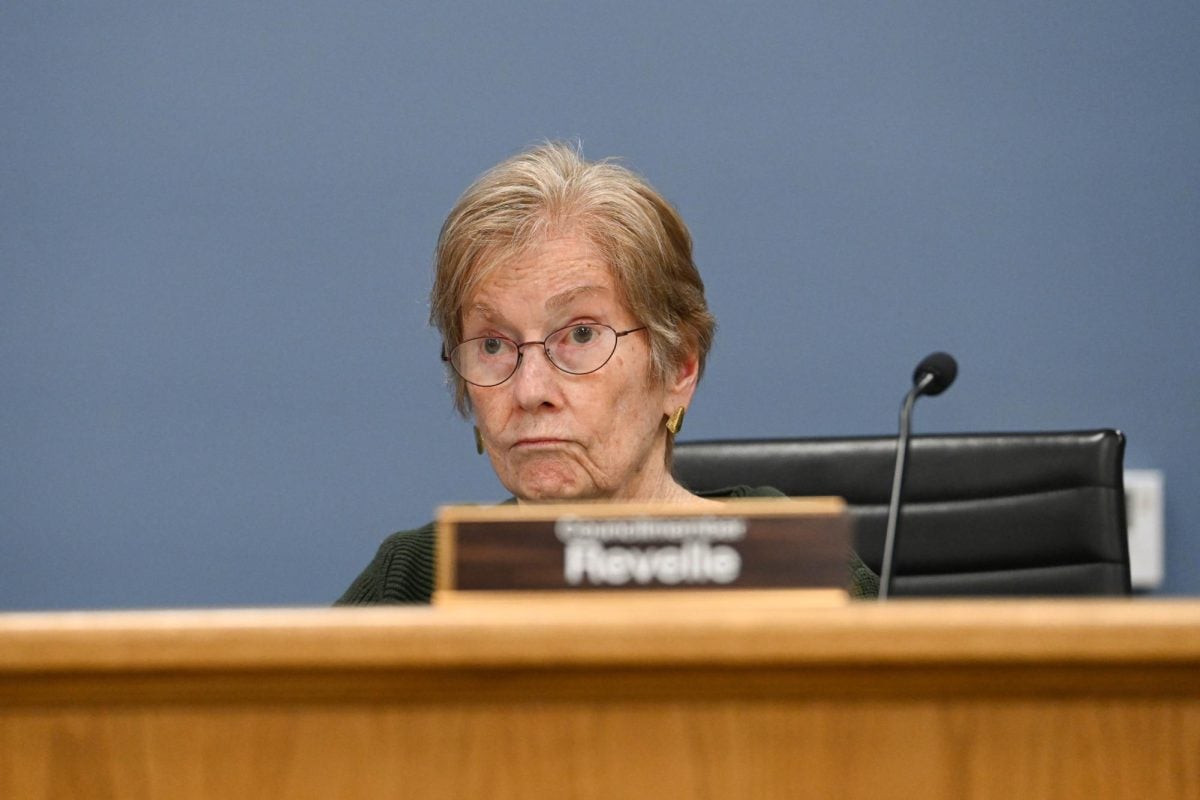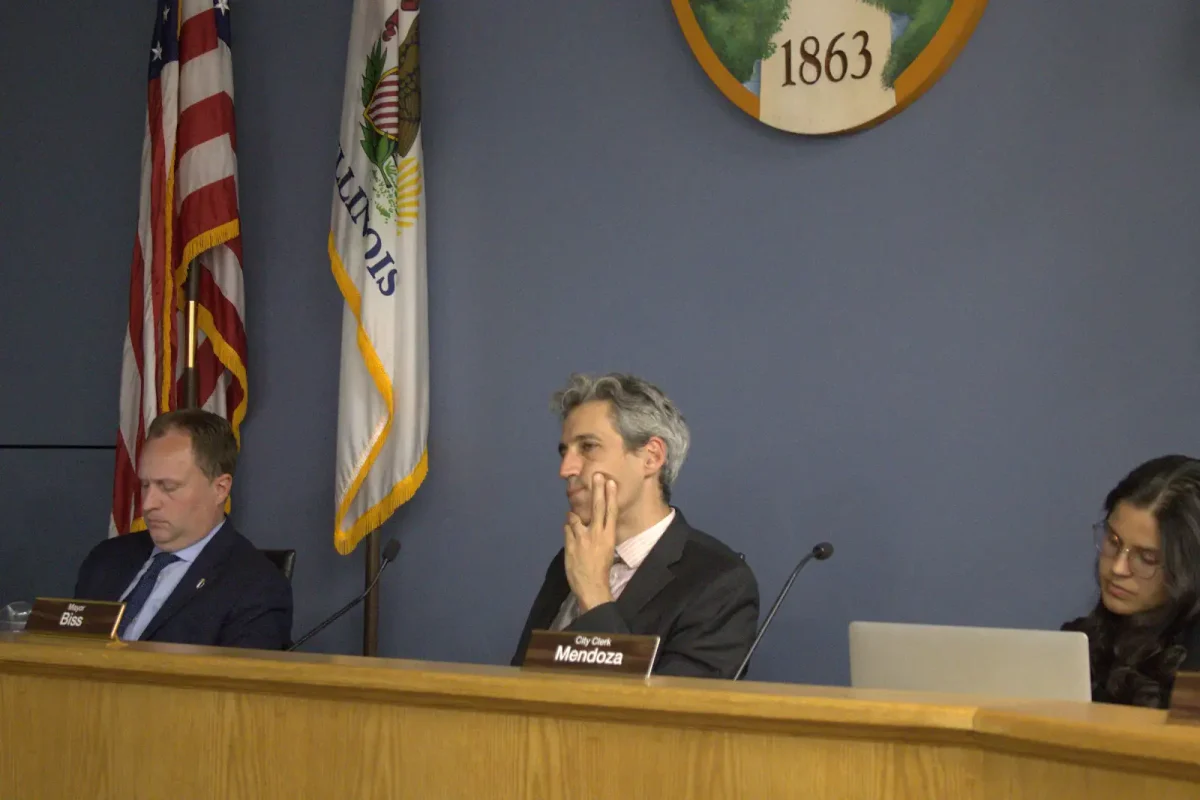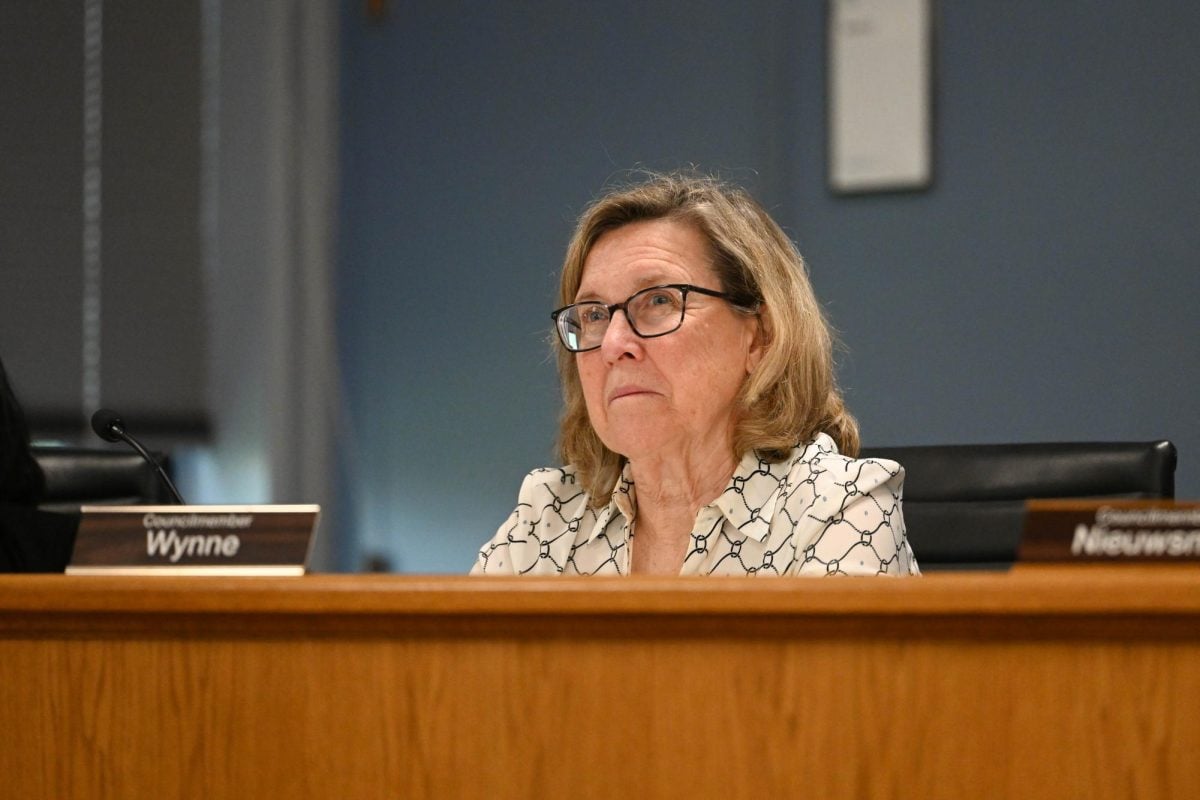City Council unanimously approved the purchase of Renewable Energy Certificates by renewing the city’s Community Choice Aggregation Program agreement at its Monday night meeting.
The Community Choice Aggregation Program provides participating residents with renewable energy. The agreement with MC Squared, a clean electricity company, uses a price-matching program, ensuring that participating residents pay the same price for renewable energy as they would for standard electricity services through ComEd.
RECs are credits that allow the city to invest in renewable energy sources, including wind and solar energy, to offset the city’s emissions.
The agreement awards the city with a $500,000 Civic Contribution Grant annually, and councilmembers voted to invest $300,000 of the grant in RECs. The remaining $200,000 will be put toward Evanston’s Sustainability Fund.
However, RECs don’t fund renewable energy produced within Evanston’s electric grid — an aspect of the program that has drawn criticism and sparked discussion at Monday’s meeting.
“I do think that the purchase of renewable energy credits has its place, but I also think that we need to do more to make investments here locally,” Ald. Devon Reid (8th) said.
Ald. Jonathan Nieuwsma (4th) agreed that the city should create more local renewable energy solutions, such as solar panels.
However, Nieuwsma said that in the “foreseeable future,” Evanston needs to invest in renewable energy from outside the city through RECs.
“The way to make sure that electricity is renewably generated is, for the moment, the purchase of renewable energy credits,” Nieuwsma said.
Councilmembers also introduced an ordinance that would increase water and sewer rates by 17.5% beginning on Jan. 1, 2024. The rate increase is part of the city’s proposed 2024 budget, published online on Oct. 6. The increase will support the replacement of aging water mains and lead piping. “The cost of water main and lead service line replacement must be borne by the Evanston retail customers,” according to the ordinance.
In addition to the water and sewer rate increases, the budget also includes a 7.9% increase in property taxes, which city staff say will fund wage increases for city employees.
The ordinance states that residents on the affordable water and sewer rate will not be impacted by the 17.5% increase.
During public comment, some residents raised concerns about the heightened water and sewer rate.
“We would think by selling water to surrounding suburbs that our water rates in Evanston would be decreased,” resident Ray Freidman said.
Another resident, Mike Vasilko, described the hike in water rates as “ridiculous.”
At its Oct. 16 special meeting, City Council will review the Proposed 2024 Budget and will vote on the ordinance to increase water and sewer rates.
Email: [email protected]
Twitter: @LilyOgburn
Email: [email protected]
Related Stories:
— Evanston’s renewable energy powers homes in other states. Are new solutions local?
— City Council delays Fair Workweek Ordinance until Jan. 2024
— City Council discusses water fund, parks updates for 2024 Capital Improvement Program


















